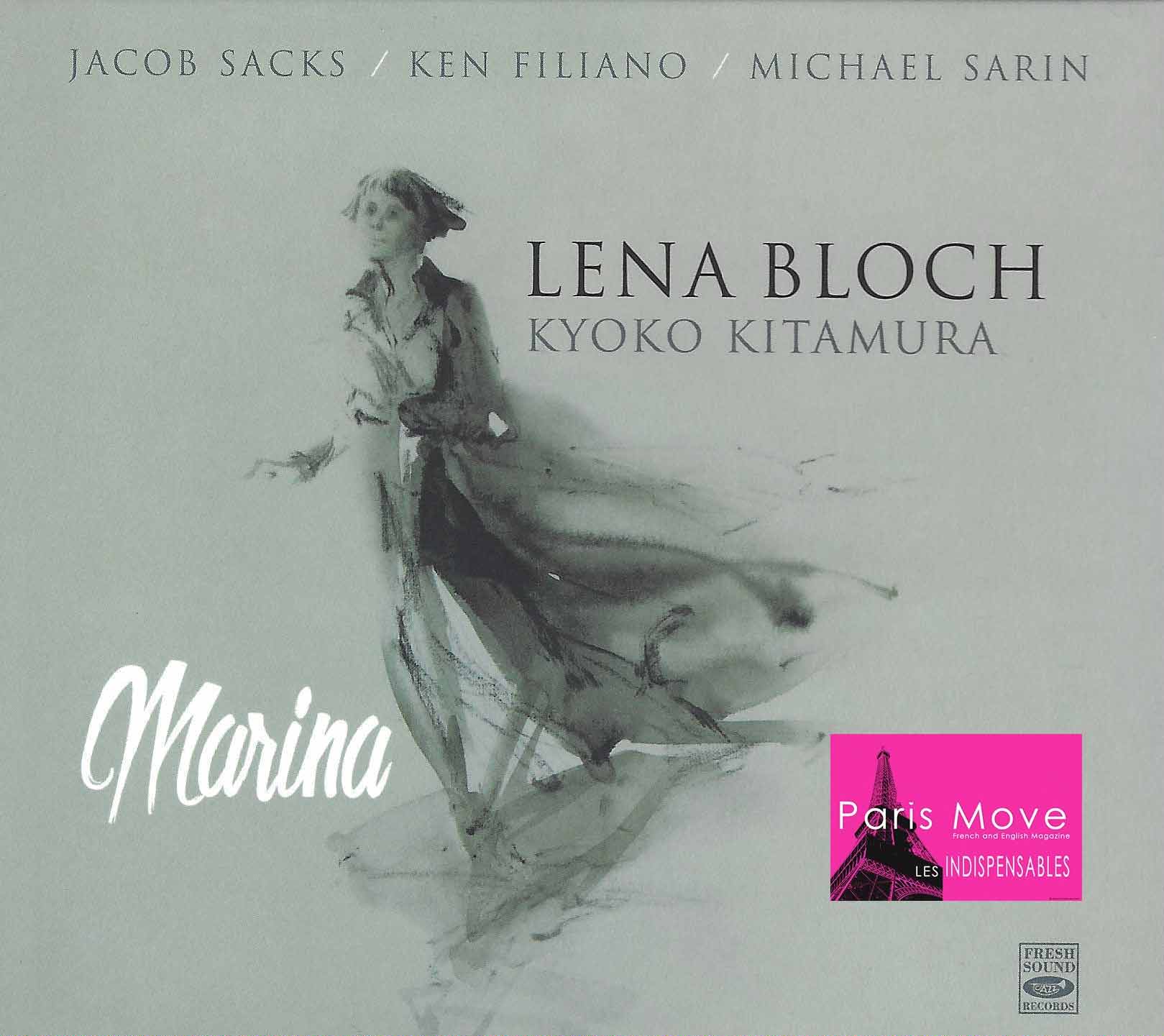| Lecture musicale, Poésie |

Lena Bloch and the Echo of Marina Tsvetaeva: A Dialogue Across Time
The saxophonist and composer Lena Bloch invites us into a world where music and poetry intertwine, where sound becomes language and language becomes song. Her latest project draws inspiration from the Russian poet Marina Tsvetaeva, a towering figure of 20th-century literature whose voice, at once fragile and indomitable, continues to haunt the conscience of readers a century later. In this cycle of seven pieces, poised between jazz and classical composition, Bloch offers more than a tribute. She constructs a conversation, a meditation on exile, resilience, and the human will to create beauty out of struggle.
To understand the emotional gravity of Bloch’s endeavor, one must revisit Tsvetaeva’s own life, a story marked by brilliance, hardship, and unyielding defiance. Born in 1892, Marina Tsvetaeva lived through the most turbulent years of Russian history. She married Sergei Efron in 1912; they would have two daughters and a son. When Efron joined the White Army during the civil war, the couple was torn apart. In the chaos that followed, Tsvetaeva endured both artistic isolation and personal tragedy. During the famine that ravaged Moscow, she was forced to place her daughters in a state orphanage; her younger child, Irina, starved to death in 1919.
Exile followed. In 1922, Tsvetaeva fled the Soviet Union, moving first to Berlin, then Prague, and finally Paris. Poverty shadowed the family. Her husband became entangled with Soviet intelligence, while she, proud and uncompromising, was rejected by the émigré Russian circles of Paris. Yet poetry sustained her. Her letters to Rainer Maria Rilke and Boris Pasternak, her dedications to Anna Akhmatova, reveal a mind unbroken by circumstance ,a woman determined to make language her homeland when no other remained.
It is this spiritual and emotional resilience that draws Lena Bloch to her. “Throughout my life, Tsvetaeva has been a model of endurance, as an immigrant, an artist, and a woman,” Bloch reflects. “Each of those identities is being tested today by the modern political discourse. That makes it all the more vital to let her voice be heard anew.”
The project, commissioned by Chamber Music America, also mirrors Bloch’s own journey across borders. Born in Moscow, she emigrated first to Israel, then to Europe, where she performed for over a decade before settling in New York in 2008. There she quickly established herself as a distinctive voice in the city’s vibrant jazz scene. Her background, steeped in the musical languages of Eastern Europe, the Middle East, and Western classical tradition, shapes a sound world that is intellectually rich yet emotionally immediate.
Bloch sees in Tsvetaeva a kindred spirit, an artist who turned displacement into strength. “Tsvetaeva’s themes are particularly relevant in this country of immigrants, perhaps more than ever,” she says. “Her poetry never lamented the foreigner’s fate, never indulged in the loneliness or alienation of exile. Instead, it celebrated fortitude, the freedom to speak, the will to persist. Those qualities resonate with me, a lifelong nomad, and I believe they will resonate with many who have crossed borders in search of belonging.”
The album unfolds as an extended act of listening, a dialogue between the written word and the musical phrase. The voice becomes both interpreter and witness, carrying Tsvetaeva’s verses across time, while the ensemble’s textures create a landscape where jazz improvisation meets the discipline of chamber music. It is as though Bloch and Tsvetaeva, separated by decades and by fate, are confiding in one another through melody and breath.
Taken as a whole, the recording feels like a conversation overheard between two women of uncommon intellect and sensitivity, one speaking through poetry, the other through tone and silence. The result is profoundly human. Jazz, that most democratic of art forms, has always been political at its core, born of struggle and expression. Here, fused with literary consciousness, it achieves a quiet transcendence, a beauty that exists beyond category or fashion.
As the album progresses, Bloch’s playing seems to dissolve the boundaries between composition and improvisation, structure and freedom. Her phrasing unfolds like thought itself, deliberate, reflective, unhurried, allowing beauty to emerge from restraint. The music breathes. It listens. And through it, two voices, one lost to time, one urgently present, find a shared language of truth.
Lena Bloch’s work with Tsvetaeva’s poetry does more than honor a writer. It restores her to the modern ear, and in doing so, reminds us of the enduring dialogue between exile and belonging, intellect and emotion, word and sound. This is not merely an album to be heard, but an experience to be inhabited, a work that enlarges our sense of what art can make us feel, and perhaps, who it can help us become.
Thierry De Clemensat
Member at Jazz Journalists Association
USA correspondent for Paris-Move and ABS magazine
Editor in chief – Bayou Blue Radio, Bayou Blue News
PARIS-MOVE, October 17th 2025
Follow PARIS-MOVE on X
::::::::::::::::::::::::
Musicians:
saxophonist Lena Bloch
vocalist Kyoko Kitamura
pianist Jacob Sacks
bassist Ken Filiano
drummer Michael Sarin
Track Listing:
I Refuse!
Insomnia
Marina
Such Tenderness
Tired
Immeasureable
The Time Will Come

